Reports
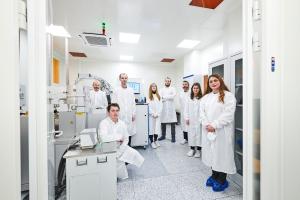
The new laboratory will satisfy the demand of Czech companies for experts in the design and implementation of semiconductor chips.
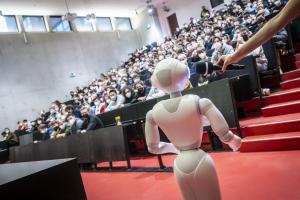
The Faculty of Information Technology (FIT) hosted a Day of Open Doors on Thursday, 13 January, both in a face-to-face and online format. Visitors who came in person met with lecturers and students and listened to lectures about studies and the admission procedure. Applicants also had the opportunity to browse the presentation stands of the study majors and to see the faculty premises, including the laboratories.
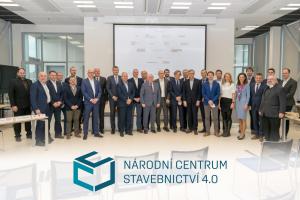
2022/01/18
Construction 4.0. introduces and optimises the synergy of digitalisation, automation and sustainable environmental behaviour into construction practice. It is a completely new way of thinking, planning, implementing and maintaining buildings, throughout their entire life cycle. It maps and minimises the impact of construction on the external environment and the footprint that these activities leave permanently in the surrounding nature. The establishment of the National Centre for Construction 4.0 is therefore an important step on the road to the technological future of the Czech Republic. Representatives of professional organisations, academia, government and industry agreed on this today at the Czech Technical University in Prague.
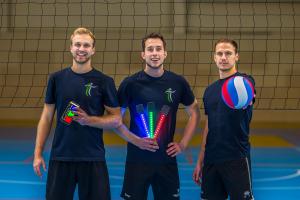
Students of the Faculty of Information Technology (FIT) have developed a unique training aid for professional and recreational volleyball players. They have combined their competitive volleyball experience with the knowledge gained from their IT studies and developed a lighting aid called Training lights. The training aid is based on light strips that are controlled by a mobile app. The player has to react according to how the strips light up. This will improve his reactions, making his performance more efficient in the match itself.

A second detector developed and manufactured by scientists from the Department of Physics at the Faculty of Nuclear Sciences and Physical Engineering of the Czech Technical University in Prague (FNSPE) in cooperation with esc Aerospace company entered Earth orbit on Thursday, 13 January 2022. The unique 2SD particle detector will map so-called space weather and ionising radiation in orbit. It was carried there by SpaceX's Falcon 9 rocket from the US Cape Canaveral.

2022/01/13
What is the real carbon footprint of the Czech Republic? How should companies from different industries measure it in order to reduce it? And how will companies succeed in reducing CO2 emissions? A unique platform, which brings together a number of companies from several sectors of the Czech economy and of which the CTU in Prague is a member, wants to answer these questions. Its aim is to help companies map the situation and make the transition to more sustainable operations. The first comprehensive report, called Carbon Tracker 2022, will be published in late May and early June.

The National Centre for Industry 4.0 (NCP4.0) has expanded its scope of activities to include a podcast. Starting 13 January, it will regularly publish a new episode of Inovacast every Thursday - a podcast about Industry 4.0 and the innovative people who make it happen. The content will be available on Spotify and YouTube and is aimed not only at the professional public, but at anyone interested in the future of our society and modern technology.
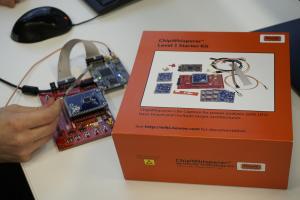
The ever-accelerating development of modern technologies places high demands on their protection. At the Embedded Security Lab at the Faculty of Information Technology of Czech Technical University in Prague (FIT CTU), students learn how to secure smart devices and prevent hacker attacks. They study various aspects of the Internet of Things (IoT) and embedded systems security. Thanks to new laboratory equipment, students experiment with different types of cryptanalytic attacks in practical exercises to learn how to identify security threats and how to defend against them.

Demands for data connectivity, especially for wireless connectivity anytime, anywhere, are constantly increasing. Data communication parameters must be tested and measured. This can be done using a device called F-Tester® developed at the Faculty of Electrical Engineering (FEL), which can now also measure 5G networks.
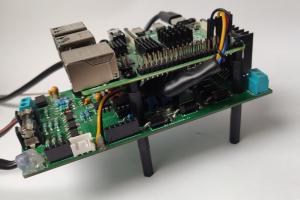
The ninth annual Electrotechnical Olympics brought a significant increase in the interest of competitors. More than 300 registered high school students took the knowledge test in the field of electrical engineering. Perfect knowledge was demonstrated by 19 participants who passed the test with 100% success. In the follow-up phase of the competition, the jury evaluated 25 technically oriented presentations that the participants developed with the support of their high schools from all over the Czech Republic. The ten best-ranked projects then advanced to the final round, which took place on 10 December 2021 in the online environment of MS Teams.